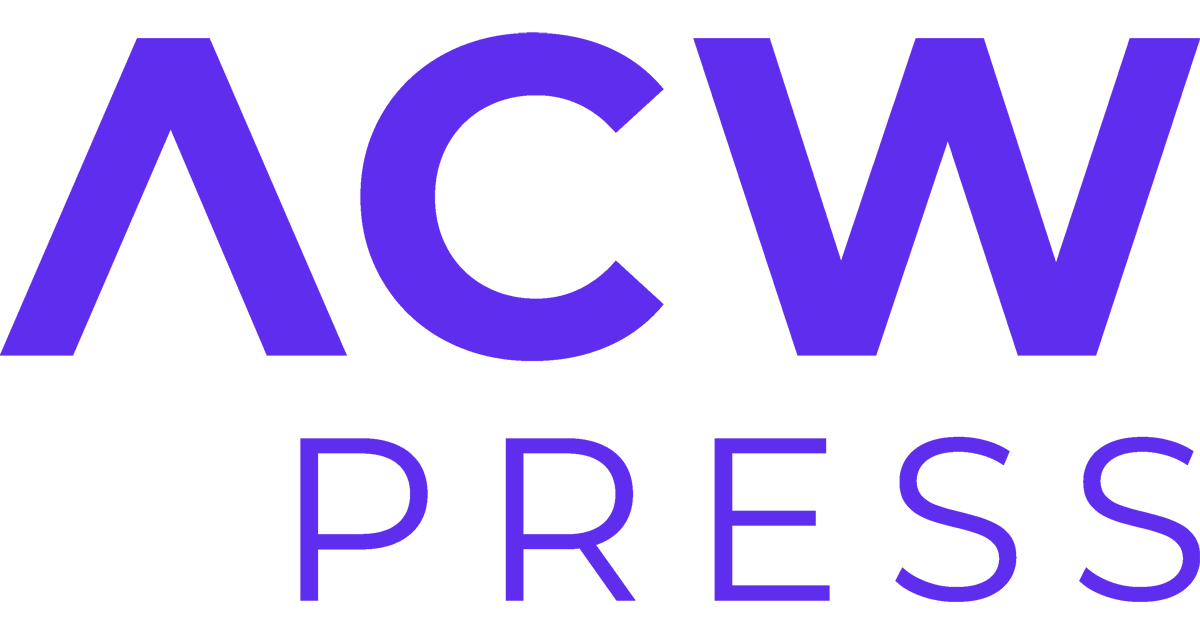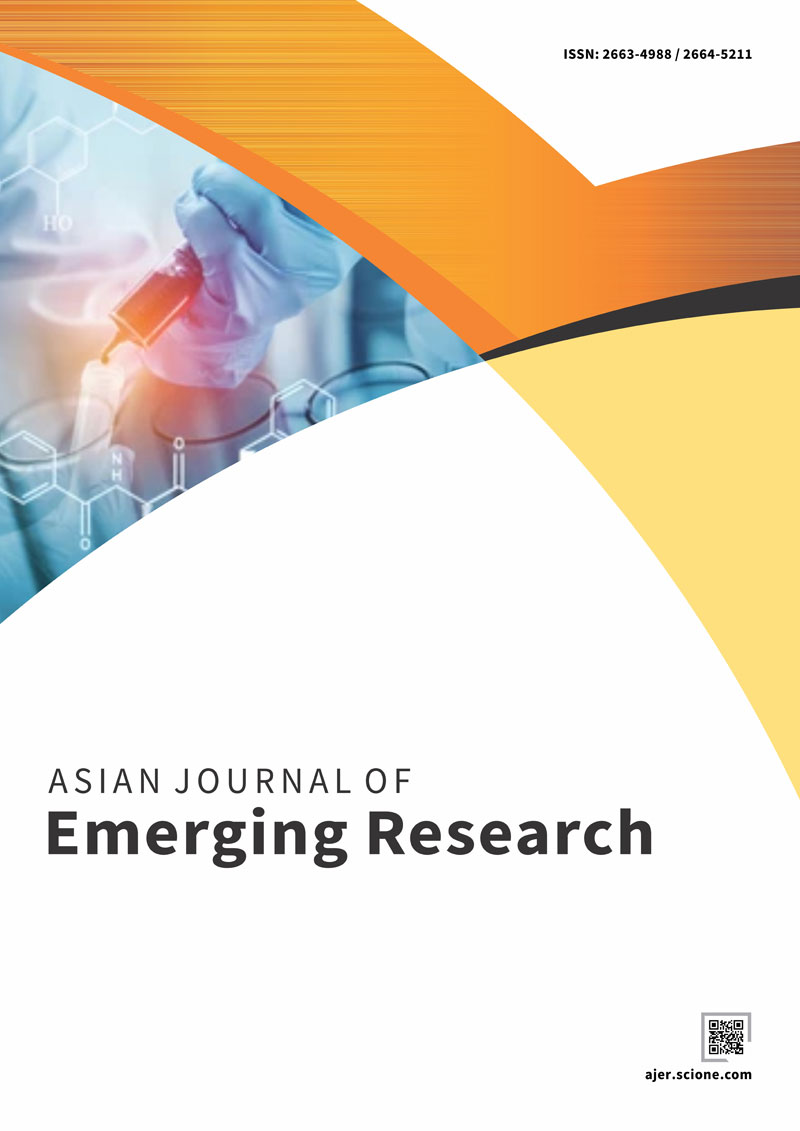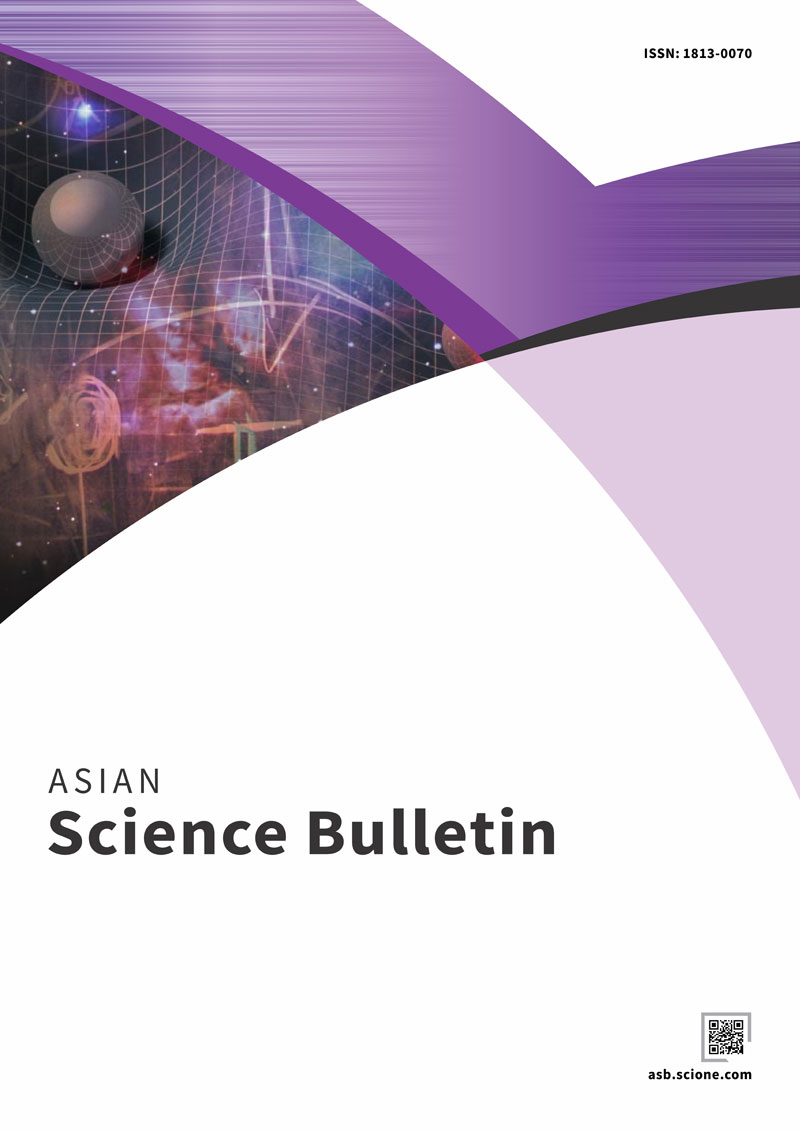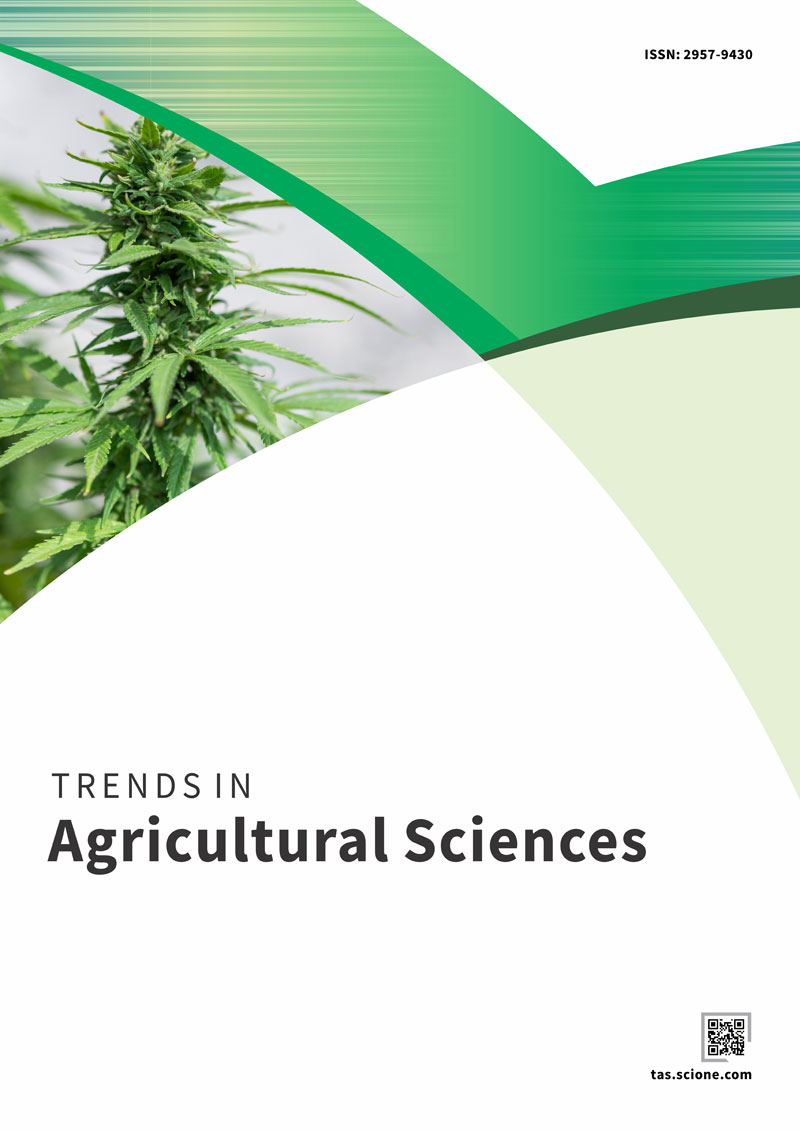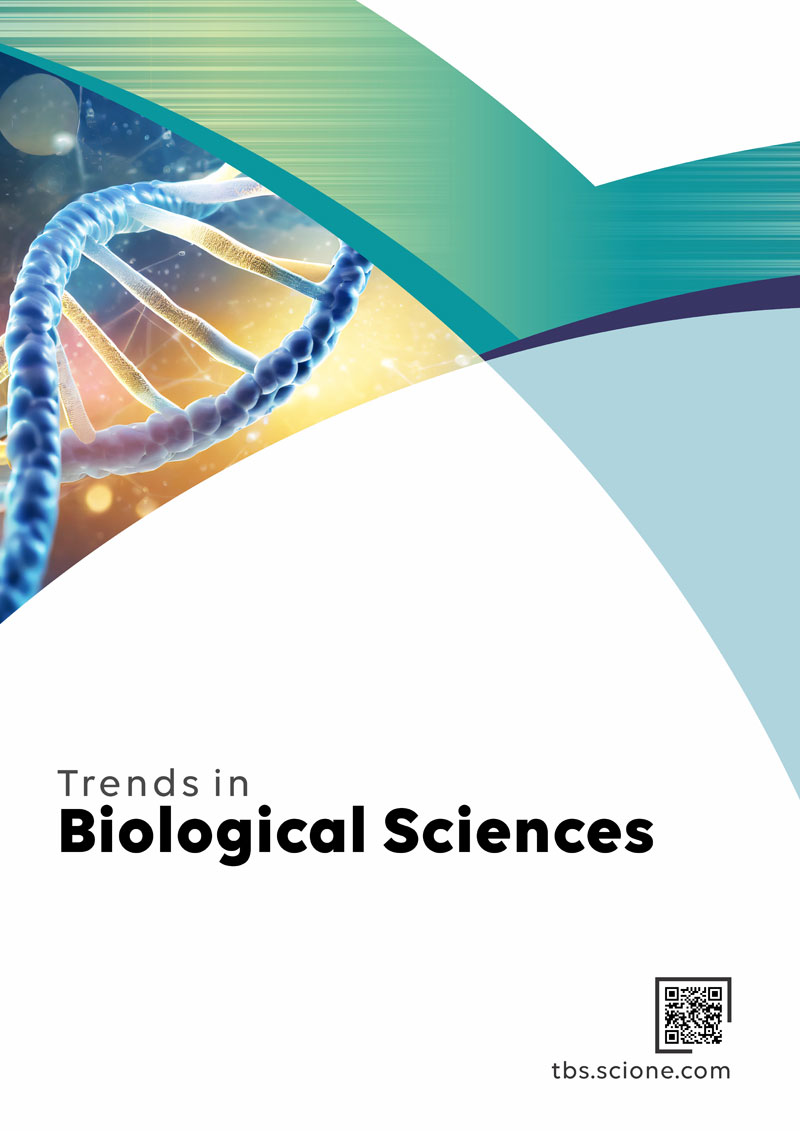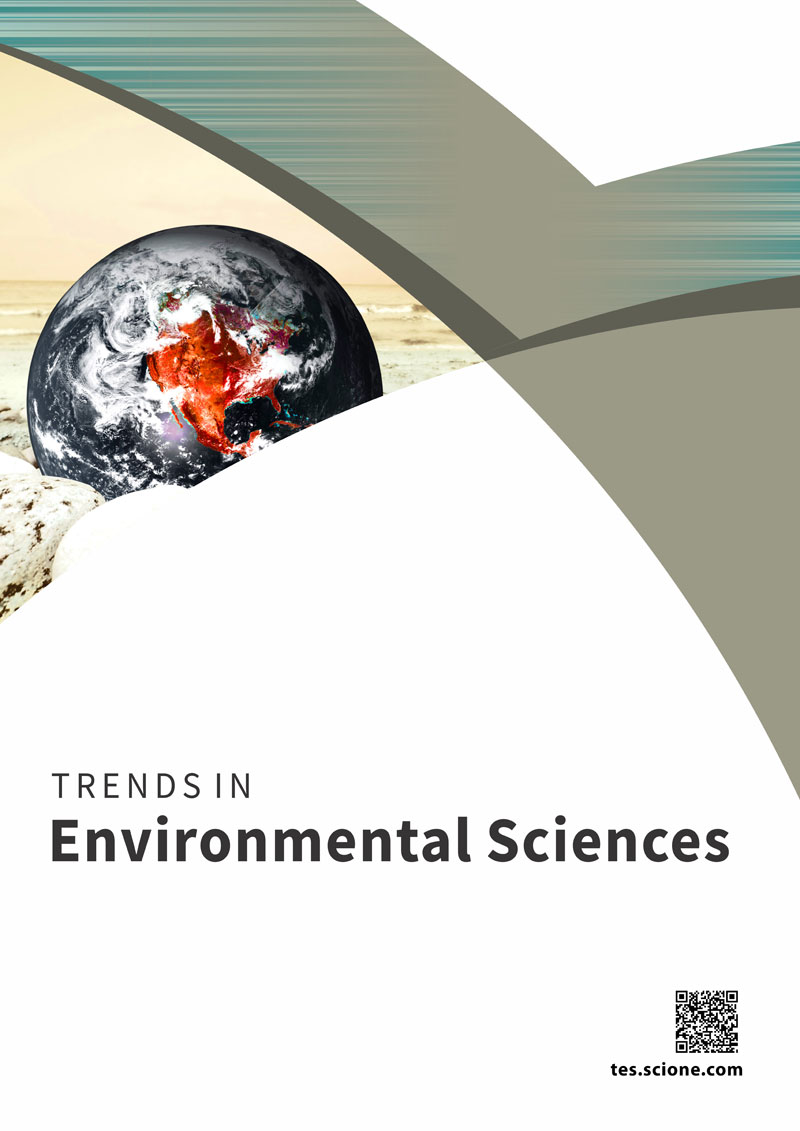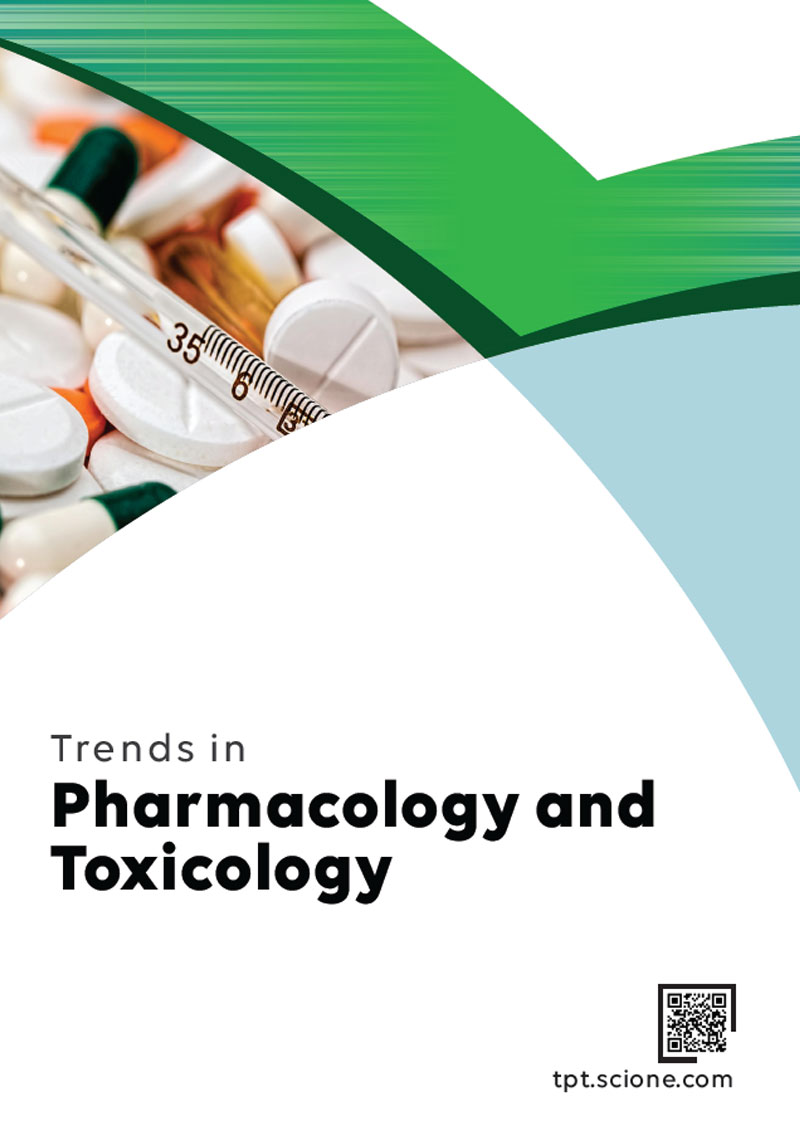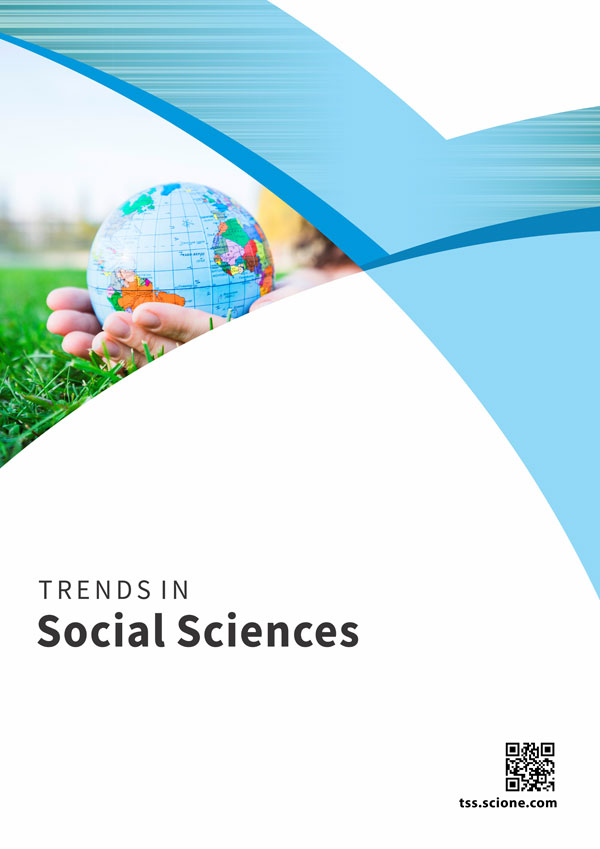For Authors
We are committed to supporting authors at every stage of the publishing journey. As part of our mission to advance scholarly communication, we publish rigorously peer-reviewed research across the full spectrum of Science, Technology, and Medicine (STM). Our editorial and production teams are dedicated to upholding the highest standards of quality, integrity, and accessibility.
By choosing to publish with us, authors benefit from a collaborative publishing experience, global visibility, and a commitment to open access that ensures their work reaches the widest possible audience. We invite researchers, academics, and professionals to contribute to our growing portfolio of respected journals and join us in shaping the future of scientific discovery.

Benefits for Authors
-
Enhanced Visibility and Reach: By removing barriers to access, open-access articles are readily available to anyone with an internet connection. This accessibility can significantly amplify the visibility and readership of an author's work, potentially reaching a wider audience compared to traditional subscription-based models.
-
Increased Citation Rates: Research indicates that open-access articles often receive more citations than those restricted by paywalls. The broader accessibility of open-access publications enables a larger pool of researchers and scholars to discover and reference the work, ultimately leading to greater academic impact and recognition for the author.
-
Accelerated Research Impact: Open-access publications facilitate the swift dissemination of research findings, enabling authors to share their discoveries with the academic community and the public more rapidly. This expedited process contributes to the acceleration of scientific progress and innovation.
-
Enhanced Public Engagement and Collaboration: Open-access publications foster greater engagement with diverse audiences, including the general public, policymakers, and practitioners who may not have access to subscription-based journals. This broader accessibility encourages interdisciplinary collaboration and facilitates the translation of research into real-world applications, thereby enhancing the societal impact of the author's work.
-
Compliance with Funding Requirements: Many funding agencies and institutions now mandate that research outputs be openly accessible to ensure maximum dissemination and impact. Publishing in open-access journals enables authors to comply with these requirements, ensuring their work meets funding mandates and contributes to the broader research community.
-
Long-Term Preservation and Accessibility: Open-access publications often employ robust archiving and preservation practices, ensuring that research outputs remain accessible and discoverable over the long term. This ensures the continued availability of the author's work, safeguarding it against loss or degradation and facilitating its accessibility for future generations of scholars and researchers.
-
Copyright Retention: With the open-access publishing model, authors retain the copyright to their work. This empowers authors to control how their work is used, reproduced, and distributed, providing greater flexibility and autonomy in managing their intellectual property rights.
Instructions for Authors
Benefits for Readers
Free Access to Research: Open-access journals remove financial barriers, allowing readers to access high-quality research without subscription fees or paywalls. This democratizes access to knowledge, making it available to everyone, regardless of their financial situation.
Broader Range of Information: Readers can access a wider array of research articles encompassing various disciplines and topics. This comprehensive access supports diverse research needs and encourages a more holistic understanding of complex issues.
Enhanced Learning and Teaching: Open-access resources are invaluable for students, educators, and independent researchers. Free access to cutting-edge research can enhance learning, inform teaching, and support evidence-based practices.
Immediate Access to Latest Research: Open-access journals often publish articles online as soon as they are ready, providing readers with immediate access to the latest findings. This timeliness is crucial for staying up-to-date with the latest developments in fast-moving fields.
Promotion of Scientific Literacy: Open access promotes scientific literacy among the general public by providing unrestricted access to research. It empowers individuals to engage with scientific information, fostering a more informed and knowledgeable society.
Peer-Review and Editorial Procedures
High standards of scholarly publishing are maintained through a rigorous and transparent editorial process. All submitted manuscripts undergo a double-blind peer review, ensuring that the identities of both authors and reviewers remain confidential. This approach promotes impartiality and encourages objective, constructive feedback. Expert reviewers evaluate each submission for its originality, methodological soundness, and contribution to the field. The editorial team carefully manages the review process, ensuring adherence to ethical publishing practices and academic excellence. These procedures are designed to uphold the integrity, reliability, and impact of every published article.

Author Revision Process
When revisions are recommended, authors are asked to update their manuscripts accordingly before moving to the next review stage. For minor revisions, the revised articles may or may not be sent back to reviewers, depending on their request to see the changes. For major revisions, the revised manuscript will always be sent back to the reviewers for further evaluation. Typically, we allow no more than two rounds of major revisions for each manuscript, with any additional revisions being at the discretion of the academic editor.
Authors must address all reviewers' comments point-by-point. If an author disagrees with a comment, they must provide a clear and reasoned response or rebuttal. This thorough process ensures that all concerns are addressed and the manuscript meets the journal's high standards.
Editor Decision Process
The final decision on whether to accept, reject, or suggest minor changes to a manuscript is based on the quality and completeness of the revisions made by the authors. Authors must submit a detailed, point-by-point response to all reviewer comments or provide a rebuttal if certain comments cannot be addressed.
After the peer review, the academic editor will thoroughly evaluate both the revised manuscript and the authors' responses. Based on this evaluation, the editor will make one of the following decisions:
Accept the manuscript in its current form if it meets all the necessary standards.
Accept the manuscript with minor revisions if only small adjustments are needed.
Reject the manuscript if it does not meet the journal's criteria for publication.
Copyright
All articles are published under an open access model and licensed through the Creative Commons Attribution License (CC BY 4.0). This license allows authors to retain full copyright of their work while enabling unrestricted sharing, reuse, and adaptation of the content, provided proper attribution is given. To ensure clarity, each article includes the following notice on the first page:
© [Year] The Author(s). This is an open-access article distributed under the terms of the Creative Commons Attribution License (CC BY 4.0).

Digital Preservation
The Division of Scientific Publishing, ACE College for Women is committed to the long-term availability, integrity, and preservation of scholarly research. In alignment with evolving technological standards, we ensure that all digital content is regularly updated and maintained to remain accessible and compatible with future systems.
As part of our preservation strategy, we actively participate in Portico, a trusted digital preservation service. Portico works in collaboration with libraries and publishers worldwide to safeguard scholarly content for future generations. In the event that content becomes unavailable from the original source, Portico ensures continued access, allowing researchers and institutions to rely on a stable and enduring scholarly record.

